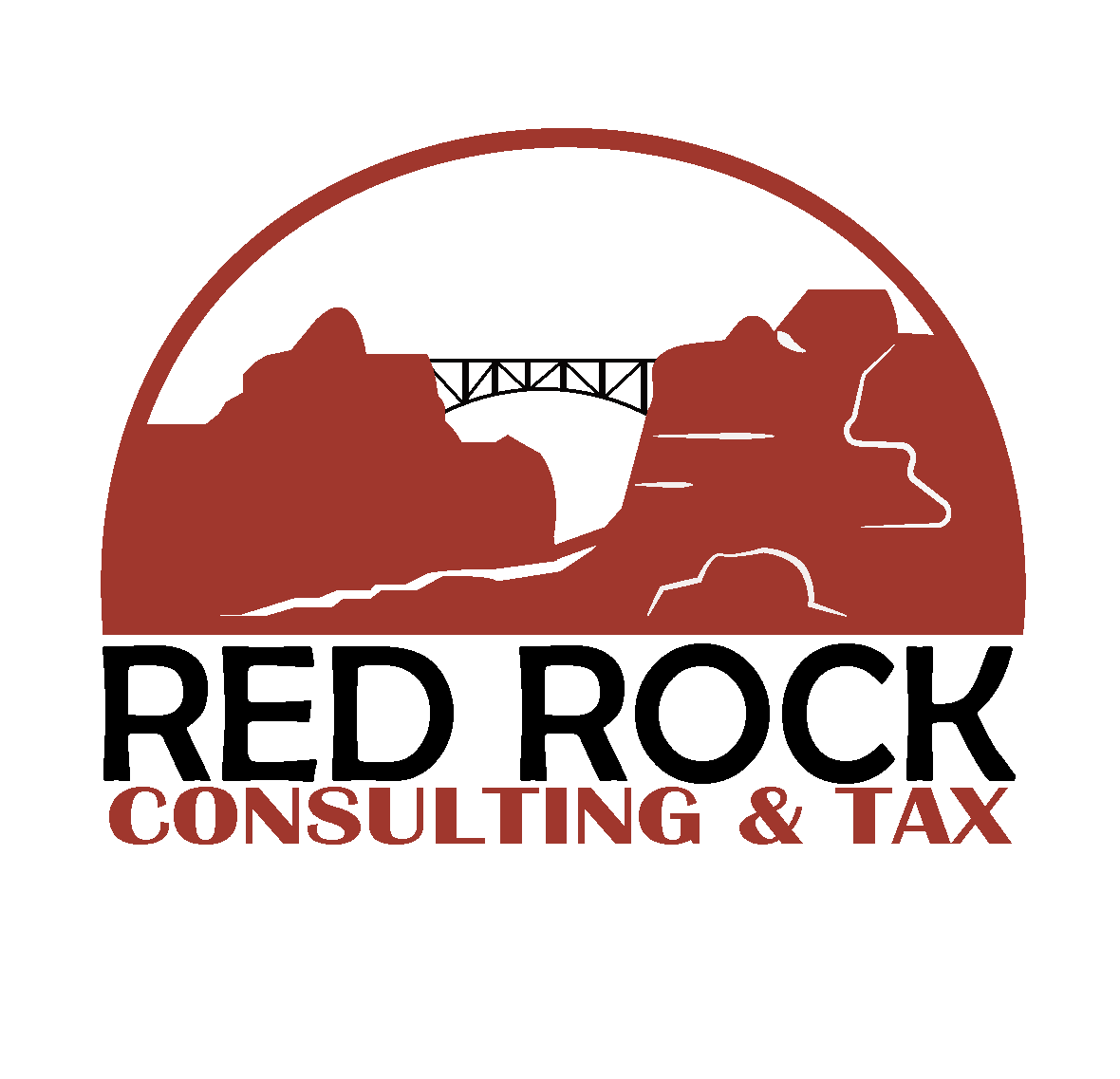Business Accounting Photo by Blake Wisz on Unsplash
There are lots of different reasons to be here, but we’re sure learning more of the basics of small business accounting is a great start!
If you’re reading this, you’ve probably considered opening up your very own business. Or maybe you’re interested in learning more about the legal stuff behind your business or your company’s business.
You have a business name. You have a website, logo, or it’s all in the making. One of the first suggestions we have is to get a business account. When it comes to accounting and taxes, you’ll need to make sure you can separately track business expenses and how much you might be making. When you use a personal account, it can get rather challenging to track and document all the necessary items for the end year or audits. The worst thing a business owner can do, whether a big or small business, has the books off or poor bookkeeping. Most corporations and LLCs require you to have a separate business account to avoid future issues. So you may not even be able to move forward in your business creation until you get a separate banking account.
Having a separate bank account allows you to better track your expenses. Tracking your expenses is another basic of owning your own business and is vital to your taxes. Gone are the days of keeping receipts in a shoebox under your bed or in the closet. Most everything is digital anyway, so having a business email is equally great for those online receipts and purchases. Nowadays you don’t have to keep every receipt for accounting and tax purposes. According to the IRS, businesses do not need to keep documentation for expenses under $75. However, you need to keep in mind the types of expenses to keep track of for your small business
We continue discussing the Basics of Small Business Accounting HERE

